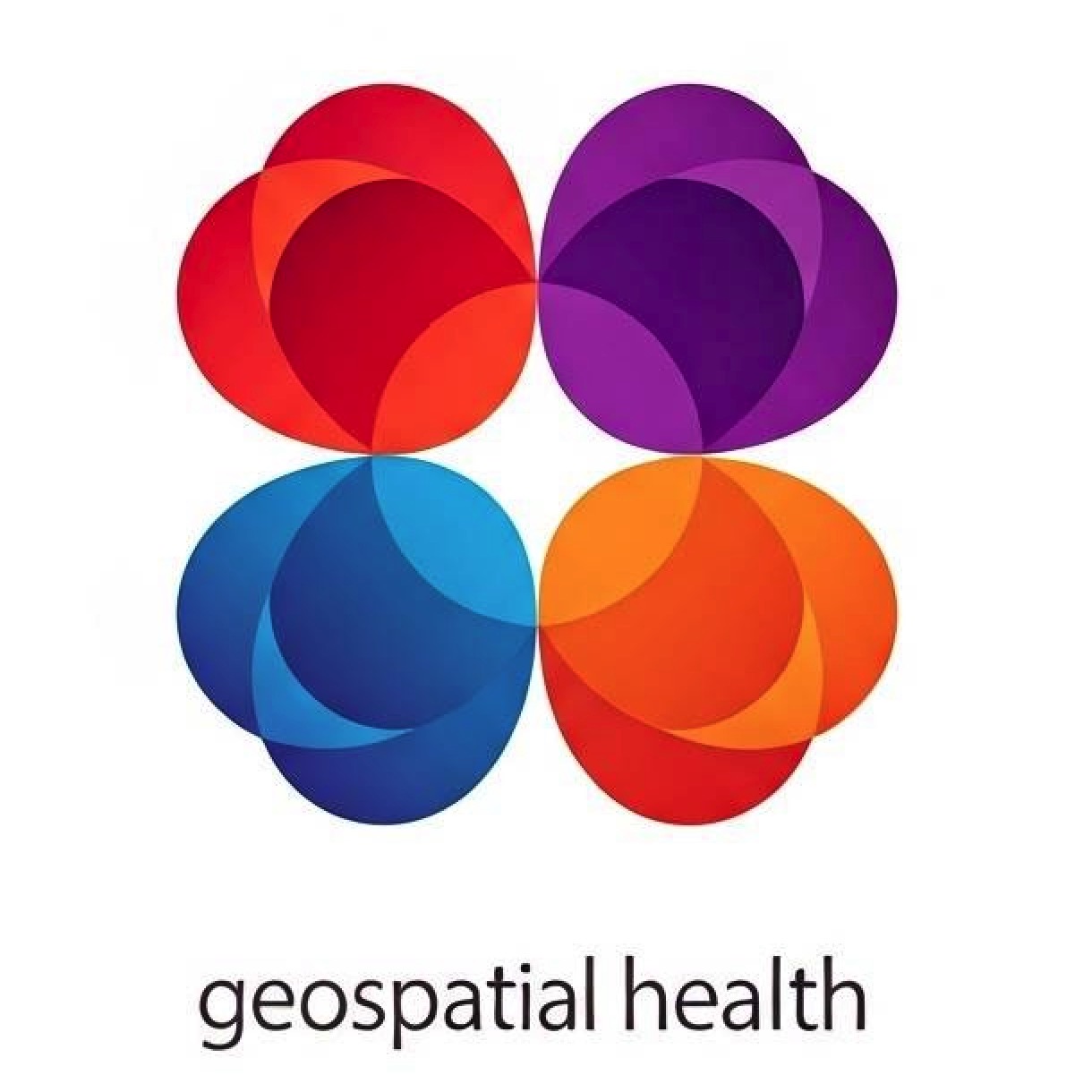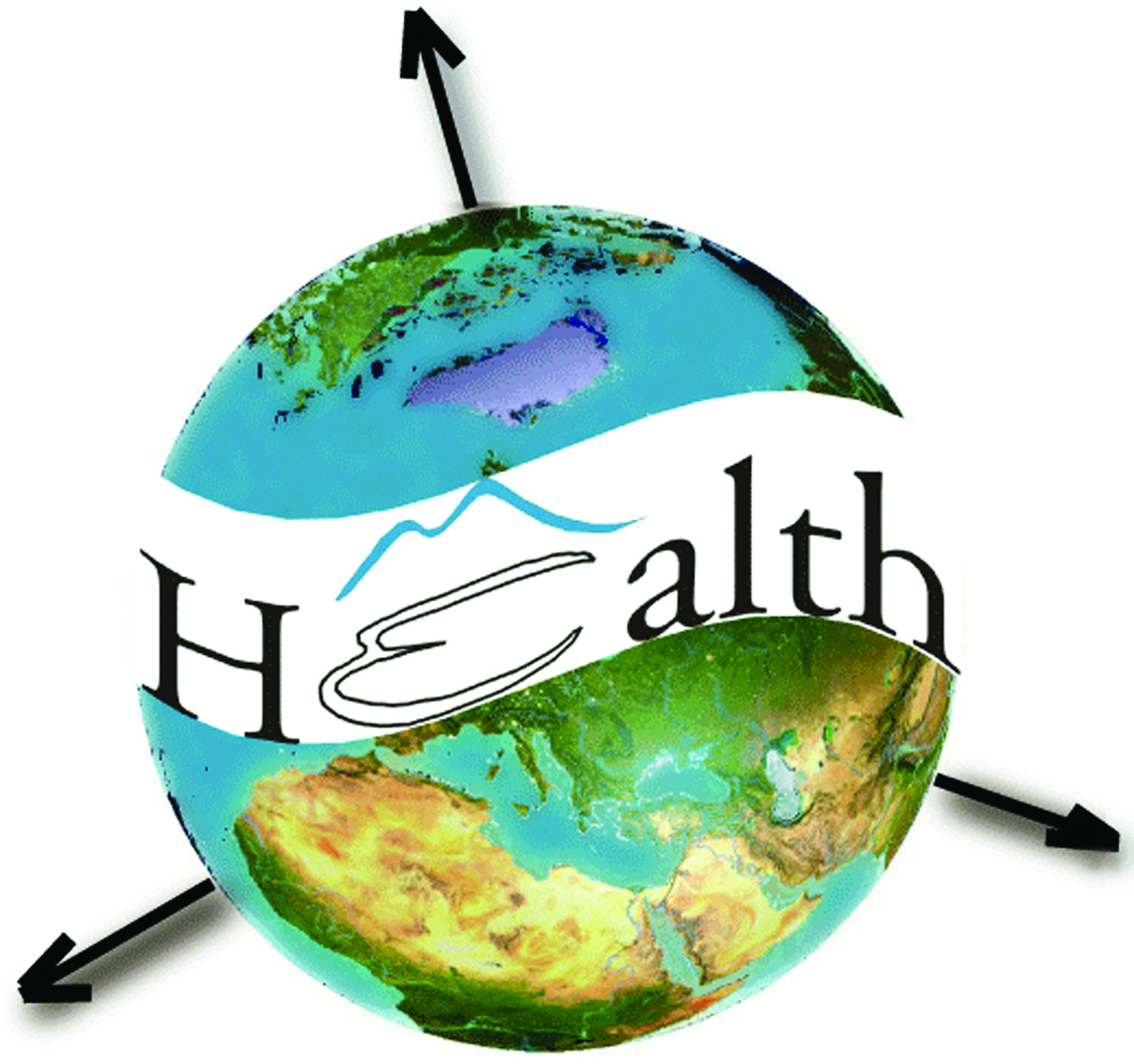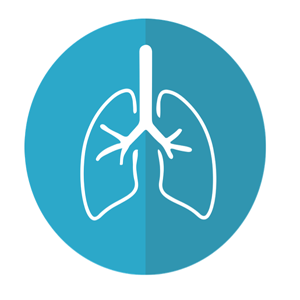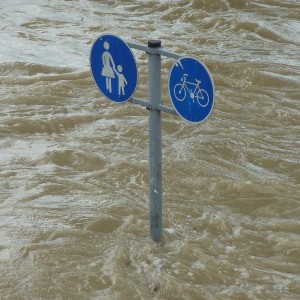FOR AUTHORS
Search
Search Results
##search.searchResults.foundPlural##
-
Making the most of spatial information in health: a tutorial in Bayesian disease mapping for areal data
6743PDF: 2256APPENDIX: 1069HTML: 5082 -
Integrating agent-based disease, mobility and wastewater models for the study of the spread of communicable diseases
1659PDF: 390Supplementary Materials: 273HTML: 180 -
Enhancing GeoHealth: A step-by-step procedure for spatiotemporal disease mapping
825PDF: 274Supplementary Materials: 115HTML: 120 -
Spatial clusters of human and livestock anthrax define high-risk areas requiring intervention in Lao Cai Province, Vietnam 1991-2022
1973PDF: 562Supplementary Materials: 82HTML: 50 -
Flexible scan statistic with a restricted likelihood ratio for optimized COVID-19 surveillance
587PDF: 161Supplementary Materials: 73HTML: 21 -
Mapping livestock systems, bovine and caprine diseases in Mayo-Kebbi Ouest Province, Chad
2829PDF: 935Supplementary Materials: 509HTML: 155 -
Predominance and geo-mapping of avian influenza H5N1 in poultry sectors in Egypt
2555PDF: 989APPENDIX: 411HTML: 1509 -
Spatial and spatio-temporal clusters of lung cancer incidence by stage of disease in Michigan, United States 1985-2018
6219PDF: 827Supplementary Materials: 82HTML: 82 -
Investigating local variation in disease rates within high-rate regions identified using smoothing
405PDF: 262Supplementary Materials: 57HTML: 5 -
Preferential sampling in veterinary parasitological surveillance
1925PDF: 1429APPENDIX: 525HTML: 1032 -
Spatial variations of COVID-19 risk by age in Toronto, Canada
775PDF: 300Appendix: 124HTML: 115 -
Assessing the effects of air temperature and rainfall on malaria incidence: an epidemiological study across Rwanda and Uganda
5888PDF: 2074Appendix: 537HTML: 3235Appendix: 188 -
Global Mpox spread due to increased air travel
1890PDF: 520HTML: 235 -
Intra-urban differences underlying leprosy spatial distribution in central Brazil: geospatial techniques as potential tools for surveillance
1090PDF: 497Supplementary Materials: 43HTML: 10 -
Spatial pattern evolution of Aedes aegypti breeding sites in an Argentinean city without a dengue vector control programme
3628PDF: 1235APPENDIX: 462HTML: 1532 -
Reducing bias in risk indices for COVID-19
2611PDF: 256Appendix: 323HTML: 28 -
Sandwich mapping of schistosomiasis risk in Anhui Province, China
2808PDF: 1125HTML: 1072 -
Spatial dispersal of Aedes albopictus mosquitoes captured by the modified sticky ovitrap in Selangor, Malaysia
1428PDF: 587Annex I-VI: 95HTML: 58 -
A dynamic, climate-driven model of Rift Valley fever
4196PDF: 1611Appendix: 479HTML: 1576 -
Detection of spatial aggregation of cases of cancer from data on patients and health centres contained in the Minimum Basic Data Set
1543PDF: 761SUPPLEMENTARY: 326HTML: 131 -
Association of socioeconomic indicators with COVID-19 mortality in Brazil: a population-based ecological study
1561PDF: 648Supplementary Materials: 56HTML: 30 -
Habitat suitability map of Ixodes ricinus tick in France using multi-criteria analysis
5711PDF: 2141Appendix: 278HTML: 225 -
Zoning the territory of the Republic of Kazakhstan as to the risk of rabies among various categories of animals
2533PDF: 1108APPENDIX: 577HTML: 1441 -
Identifying counties vulnerable to diabetes from obesity prevalence in the United States: a spatiotemporal analysis
2475PDF: 1114APPENDIX: 381HTML: 1128 -
Spatiotemporal transmission and socio-climatic factors related to paediatric tuberculosis in north-western Ethiopia
3325PDF: 1106APPENDIX: 351HTML: 836 -
COVID-19, air quality and space monitoring
1432PDF: 392HTML: 19 -

























































































